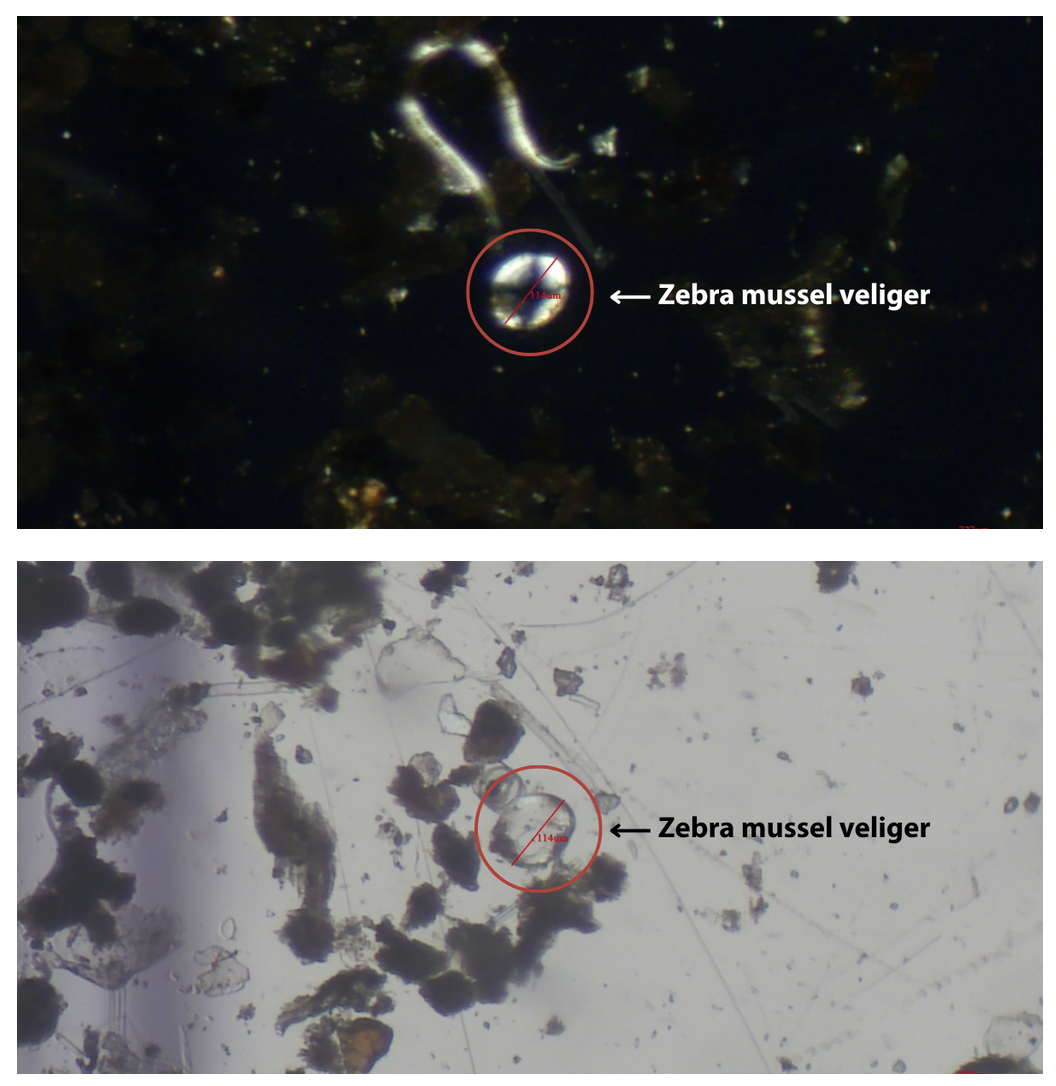Colorado Parks and Wildlife has discovered another zebra mussel veliger in the Colorado River near New Castle. The finding, made during increased sampling efforts in early June, highlights the ongoing need for vigilant monitoring of invasive species.
Colorado Parks and Wildlife provides update on increased zebra mussel sampling efforts in the Colorado River

Key Takeaways:
- Colorado Parks and Wildlife (CPW) found an additional zebra mussel veliger.
- The discovery occurred in the Colorado River near New Castle, Colorado.
- The veliger was detected during increased sampling efforts.
- The finding took place in early June.
- This underscores the importance of continued monitoring for invasive species.
Additional Zebra Mussel Larva Detected in Colorado River
Colorado Parks and Wildlife’s Recent Discovery Highlights Ongoing Monitoring Efforts
Discovery of the Veliger
Colorado Parks and Wildlife (CPW) staff have found an additional single zebra mussel veliger in the Colorado River. This discovery was made near New Castle, Colorado, during increased sampling efforts conducted in early June.
Increased Sampling Efforts
The veliger, which is the larval stage of the invasive zebra mussel, was detected as part of CPW’s intensified monitoring program. These increased sampling efforts are crucial for early detection and management of invasive species that threaten local ecosystems.
Significance of the Location
Finding the veliger near New Castle is significant due to the area’s ecological importance. The Colorado River is a vital waterway, and the presence of zebra mussel larvae raises concerns about the potential spread of this invasive species.
Implications for Colorado Waterways
The detection of a zebra mussel veliger underscores the need for continued vigilance in monitoring Colorado’s waterways. Zebra mussels can have detrimental effects on aquatic habitats, infrastructure, and water quality.
Continued Vigilance
CPW’s discovery highlights the effectiveness of increased sampling efforts. Ongoing monitoring and early detection are essential strategies in preventing the establishment and spread of invasive species like the zebra mussel in Colorado’s rivers and lakes.











